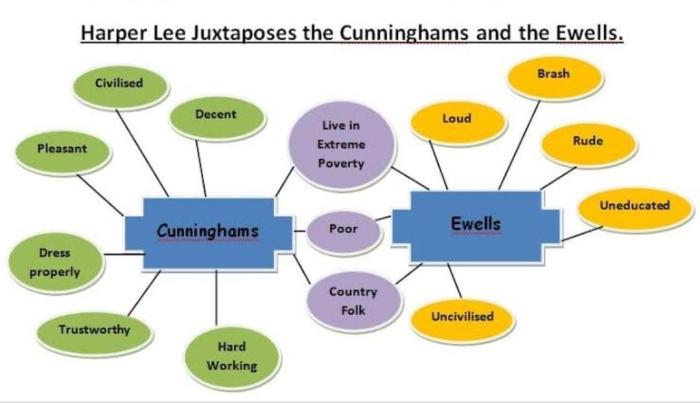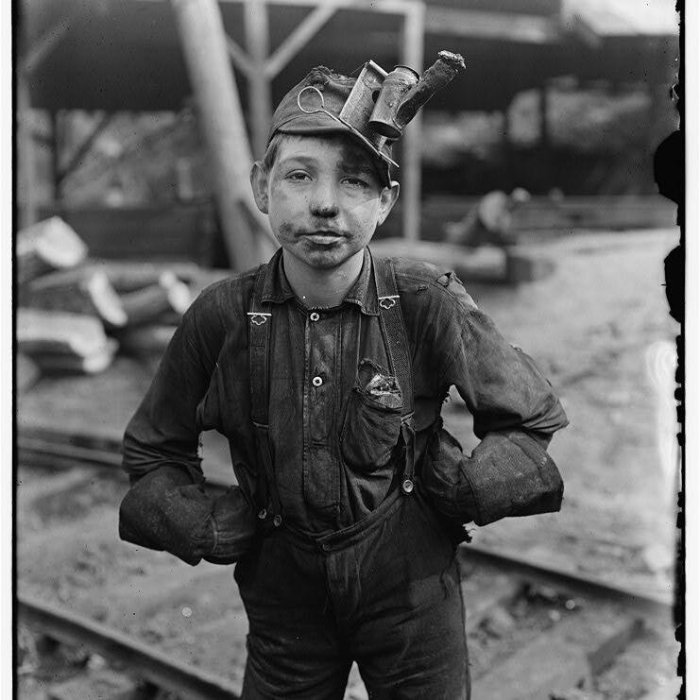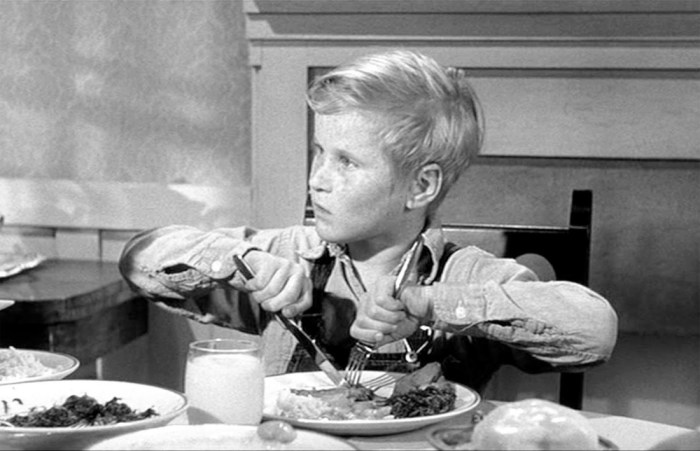Similarities between Burris Ewell and Walter Cunningham, two marginalized characters in Harper Lee’s “To Kill a Mockingbird,” offer profound insights into the complexities of poverty, prejudice, and identity in the American South. Their shared experiences of social isolation, educational challenges, and dysfunctional family dynamics illuminate the ways in which systemic inequalities shape individual lives.
This essay will explore the striking parallels between these two characters, examining their social standing, education, family backgrounds, moral values, physical appearance, and roles within the community of Maycomb.
Commonly Asked Questions: Similarities Between Burris Ewell And Walter Cunningham
What is the main similarity between Burris Ewell and Walter Cunningham?
Both Burris Ewell and Walter Cunningham are poor and face social isolation due to their economic status.
How do Burris Ewell and Walter Cunningham differ in their educational experiences?
Burris Ewell is illiterate and has never attended school, while Walter Cunningham has attended school but struggles academically due to his poverty and lack of resources.
What are the similarities between Burris Ewell and Walter Cunningham’s family dynamics?
Both Burris Ewell and Walter Cunningham come from dysfunctional families characterized by neglect, abuse, and poverty.


